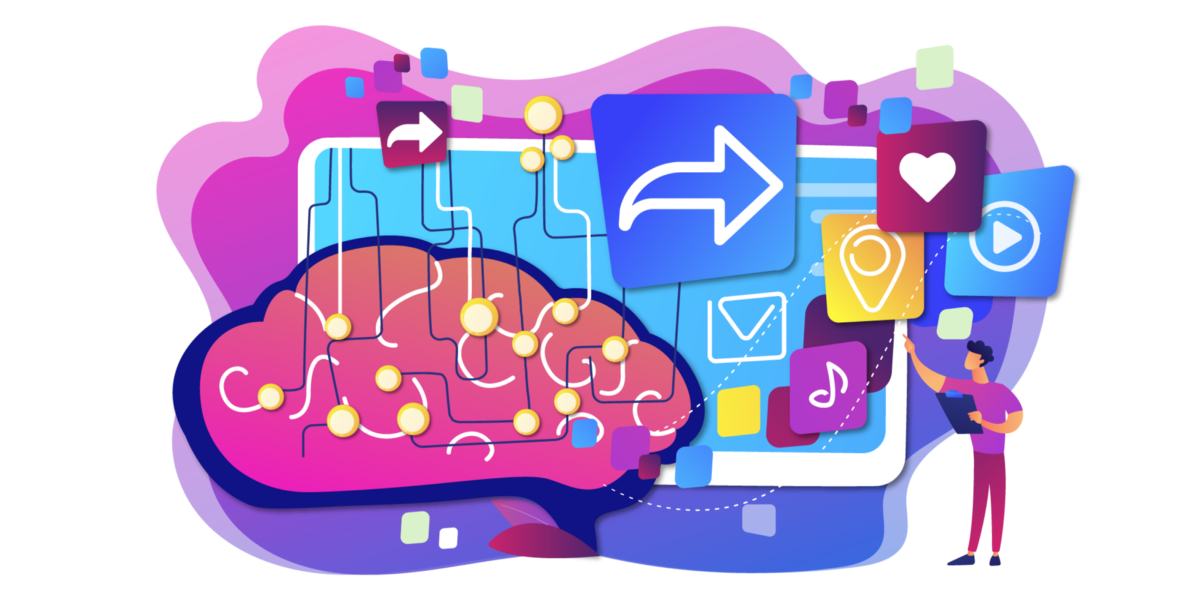How News Organizations Use Algorithms to Decide What to Show You
- by 7wData

Imagine, for a moment, that you’re one of the biggest media organizations in the world. Every day, your journalists create countless videos, articles, podcasts, and more. This wealth of information greatly exceeds what any one person could watch, read, and listen to in 24 hours. So, with all that content, how do you decide what to show your audience?
This is one of many tough questions that two public broadcasters, the British Broadcasting Corporation (BBC) and the Canadian Broadcasting Corporation (CBC), face each day. (The BBC and CBC are both Partner organizations in the Partnership on AI.) To help them answer it, they have partially turned to artificial intelligence. Like many other news organizations, the BBC and CBC now use recommender systems. These machine learning algorithms take large data sets — like, say, a list of hundreds of videos — and sort through them to make customized selections for individual users.
You might be familiar with similar systems that power your Netflix recommendations or choose the next video to play on YouTube. Personalizing the news, however, is a bit different from trying to guess whether a subscriber prefers horror movies or comedies. While a bad movie can ruin an evening, providing readers with a healthy news diet could have consequences for society as a whole.
This is all the more reason to make news recommenders a topic of public discussion and for news organizations to be transparent with their audiences about how they choose articles. Here’s how the BBC and CBC use personalized recommendations in their products, how they think about issues like timeliness and diversity of content, and how they address the problems that can come from optimizing for engagement.
At their most basic level, recommender systems are an acknowledgement that not everyone wants the same thing. A human editor might be able to highlight what they consider to be their organization’s best work, but it would be impossible for them to personalize these selections for each person in an audience of millions. The pace of production at a national news network only makes the task more difficult: According to Gabriel Straub, head of data science at the BBC, the broadcaster produces about 2,000 pieces of content each day but only has around 100 slots to display that content online.
“As a public service organisation that is funded by a license fee, it is really important to us to be relevant for everyone across the UK,” said Straub. “This means that we need other ways to showcase the breadth and depth of the BBC.” Recommender systems are one way they can do that.
Christopher Berry, director of product intelligence at the CBC, offered a similar explanation, saying, “CBC produces a lot of content, and we want to empower Canadians to find the content that’s relevant and engaging to them.” According to him, the sum of all the attention that Canadians give to media is growing by less than 1% each year. As a result, there is “ferocious competition for the attention of Canadians” with numerous publications, podcasts, websites, and TV shows vying for their interest.
Currently, said Berry, the CBC uses recommender systems on CBC Listen for podcast discovery, on its short-form video player, on Radio-Canada’s Tou.TV service, on web article pages, and on its cbc.ca/mycbc site. Over at the BBC, recommendations are similarly used on audio and video streaming services.
“We have also started putting recommendations on some BBC World Service articles to suggest further reading,” said Straub. “And we have an app that is completely algorithmically driven (but editorially supervised) that focuses on showing you short-form video.”
At any news organization, offering personalized content recommendations requires collaboration between a variety of departments — which makes aligning everyone’s goals an important consideration.
[Social9_Share class=”s9-widget-wrapper”]
Upcoming Events
Shift Difficult Problems Left with Graph Analysis on Streaming Data
29 April 2024
12 PM ET – 1 PM ET
Read MoreYou Might Be Interested In
From scientific management to data-driven labor organizing
3 Sep, 2022As data is collected about workers, how does it impact them and how do they respond to it? Contemporary workplaces …
Good models + Bad data = Bad analysis
23 Jan, 2017One of the key themes in Numbersense is the relationship between models and data. Think of data as inputs to …
Why We Should Treat Public Data Like Water
5 Dec, 2017The revolutionary potential of the internet means that we can do more than simply build a more beautiful user interface …
Recent Jobs
Do You Want to Share Your Story?
Bring your insights on Data, Visualization, Innovation or Business Agility to our community. Let them learn from your experience.
Privacy Overview
Get the 3 STEPS
To Drive Analytics Adoption
And manage change




